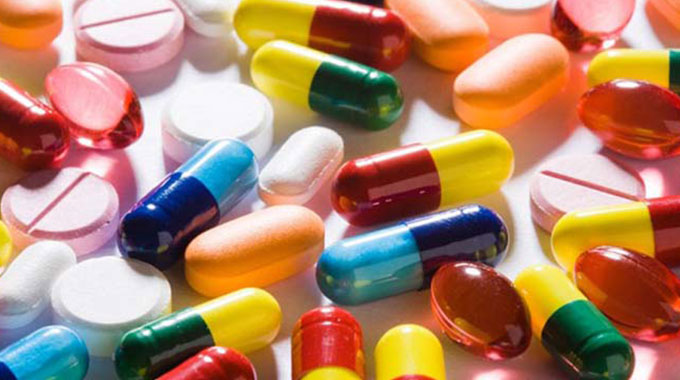Covid-19 disrupts pharmaceuticals value chain

Dumisani Nsingo, Senior Business Reporter
THE pharmaceutical manufacturers have said their raw material stocks are fast depleting due to import restrictions from suppliers as a result of the outbreak of Covid-19.
The situation could strain drugs supplies in the market at a time when the country is under lockdown.
Industry expert and Pharmaceutical Society of Zimbabwe immediate past president, Mr Sikhumbuzo Mpofu, said that the Covid-19 outbreak was going to have a huge impact on the country’s pharmaceutical industries, which are largely dependent on China and India for raw materials as the two Asian countries are still grappling to contain the pandemic.
“The impact of the Covid-19 outbreak is huge given that the biggest manufacturer of Active Pharmaceutical Ingredients (APIs) is China which was the epicentre of the outbreak of the pandemic,” said Mr Mpofu.
He said although the pandemic seems to be under control in China, the whole supply chain has been disrupted.
Mr Mpofu said with India having reduced exports of a number of products, the country’s pharmaceutical manufacturers are likely to face challenges in producing some of the medication due to insufficient raw materials.
He said the situation is being worsened by shortage of foreign currency to import from other countries.
“India has already started reducing exports in certain products as announced in a circular by their ministry of trade a couple of weeks ago and us being a country that is constrained in terms of resources, we cannot afford to buy raw materials to cushion us for a reasonable period of time.
“In the short to medium term we are definitely going to see challenges in certain lines of medicines,” said Mr Mpofu.
According to international media reports about 90 percent of the core components of widely-used antibiotics like amoxicillin, doxycycline, and penicillin are manufactured in China whose industry was disrupted by Covid-19 lockdown.
After the manufacture of the pharmaceutical ingredients in China, they are exported mainly to India, the world’s leading supplier of generic drugs.
Some companies in India have already reported supply chain problems, according to a letter to customers released by AmerisourceBergen on March 31.
South Africa has put a ban on the exportation of all Covid-19 material, which further compounds the situation.
“To make matters worse, South Africa has put an embargo on exporting Covid-19 materials. This means we can’t import gloves and face masks from South Africa, which items are needed on a daily basis by citizens as they fight the spread of Covid-19,” said Mr Mpofu.
He also said the situation would also be worsened by the fact that the manufacturing industry was facing capacity utilisation challenges and depressed uptake of its products.
Meanwhile, Musimboti Traditional Science and Technology Institute (MTSTI) managing director Mr Morgan Zimunya said registered herbal medicine practitioners should ride on the falling consumer demand of conventional medicines to aggressively market their traditional remedies.
“The low uptake of conventional medicines is an opportunity for players involved in the production of traditional medicines to market their products.
“Many people are not aware of the healing powers of traditional medicine.
“They only know modern pills administered at hospitals and pharmacies yet traditional medicines are equally effective and cheaper,” he said.










Comments